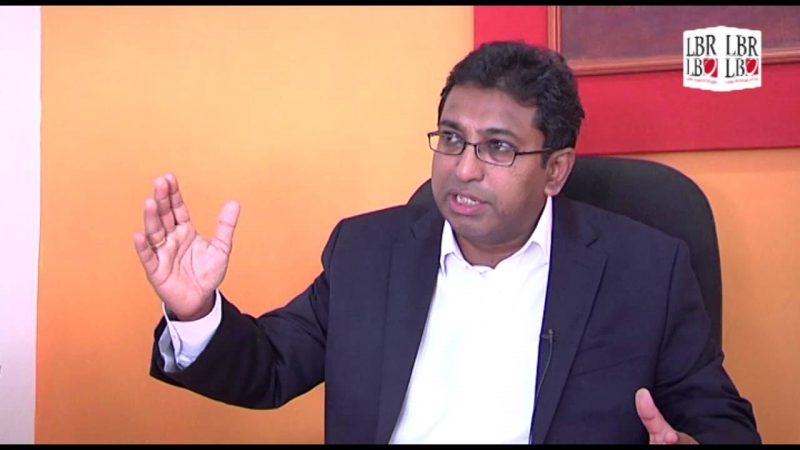In a press conference held yesterday, MP Harsha de Silva, Chairman of the Committee on Public Finance, shed light on the government's tax collection efforts, revealing significant shortfalls in expected revenue. His comments have ignited a debate on the fairness of the current tax collection system and whether the government should prioritize collecting taxes from
tax evaders rather than increasing the burden on law-abiding citizens.
According to him, the government had expected to collect LKR 718 billion from corporate and personal income taxes for the year 2023, but as of October 16, 2023, the actual collection had reached only LKR 495 billion. However, in a surprising contrast, PAYE taxes, which were projected to yield LKR 100 billion, had already exceeded expectations, bringing in LKR 119 billion.
Therefore, he proposed to amend the current PAYE tax structure, as the
government would go on to collect LKR 125 billion at the current compliance level and LKR 175 billion at a 100% compliance rate.
Furthermore, withholding tax collections exceeded expectations. The government had anticipated LKR 90 billion but collected almost LKR 122 billion, showcasing that forcibly collected taxes are being collected, while voluntary compliance remains substantially low.
De Silva also highlighted significant shortfalls in other tax categories. The Betting and Gaming levy, expected to generate LKR 10 billion, only managed LKR 5.6 billion.
Similarly, Value Added Taxes (VAT) were projected to contribute LKR 553 billion, but collections stand at LKR 350 billion, with concerns raised about the upcoming VAT changes.
This discrepancy in tax collection calls into question the government's approach to fiscal-based revenue consolidation. It prompts concerns about the fairness of increasing taxes on honest taxpayers while allowing a significant portion of potential revenue to go uncollected from tax
evaders.
Moreover, the inconsistency in tax policies, with the same individuals who reduced taxes to 8% in 2019 now responsible for an 18% increase, further deepens public skepticism about the government's policy direction.
He also cited an example from the Excise Department, where the government had aimed to collect LKR 217 billion, inclusive of liquor tax, tobacco tax, sticker tax etc.
However, the actual collection stands at just LKR 124 billion, creating a substantial LKR 92 billion shortfall.
In light of these revelations, the government had announced its intent to revoke licenses for businesses failing to meet their tax obligations by October 31st at 5 p.m. Yet, licenses have yet to be canceled thus far, raising doubts about the government's commitment to taking stern action against tax evaders.
De Silva's comments serve as a wake-up call for the government to address the issue of tax evasion and to rethink its approach to tax collection.
Prioritizing the collection of taxes from tax evaders rather than increasing the burden on law-abiding citizens is crucial for a fair and equitable tax system.
The public is now looking to the government to take action to
rectify the situation and ensure a more balanced and just tax system for all.

